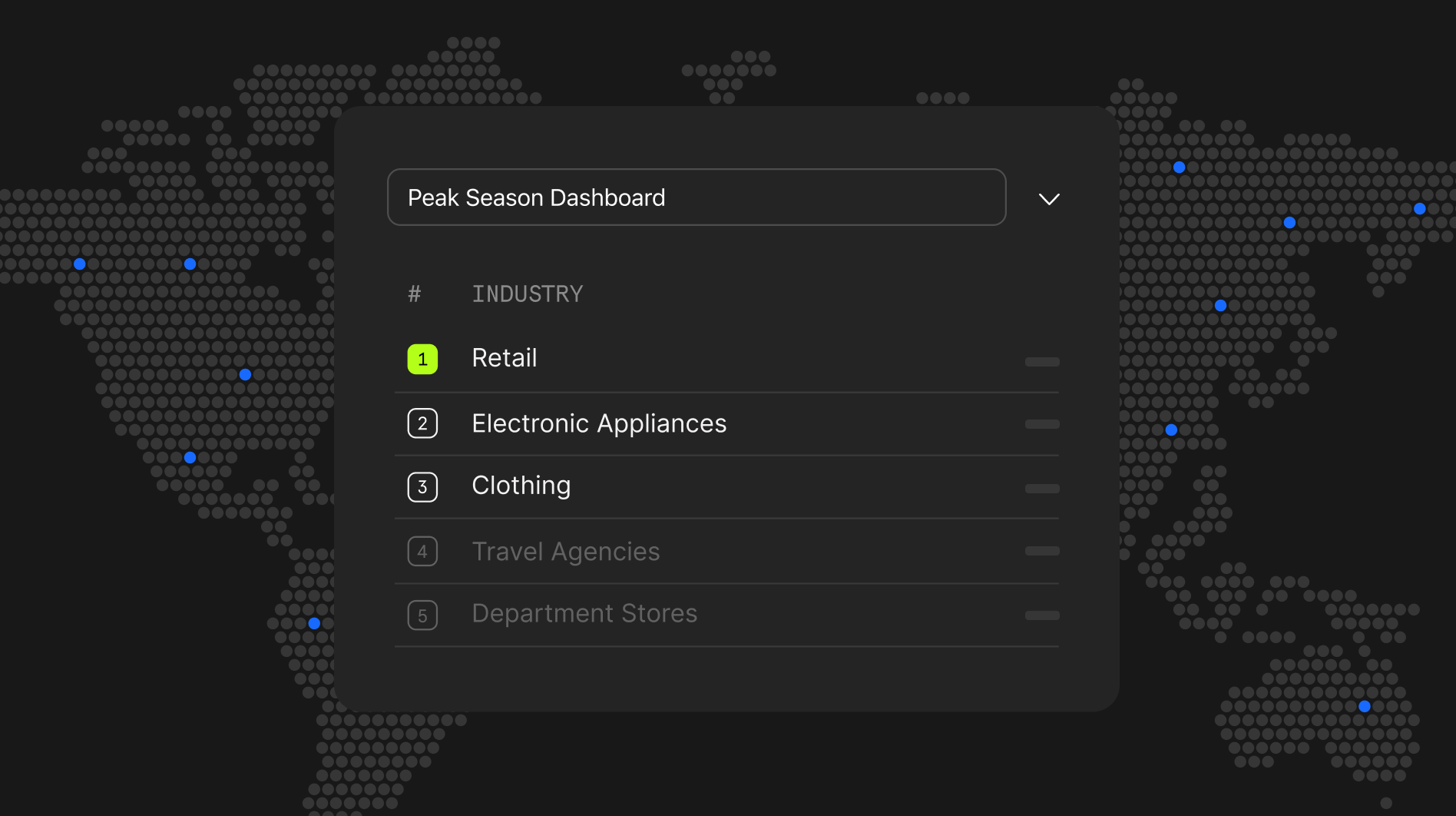A card issuer enables cardholders to pay for goods and services. It is the bank that has issued the credit or debit card to the customer. Issuing banks are members of the card scheme, such as Visa and Mastercard, but they can also operate as both issuer and card scheme—for example, American Express. However, card schemes process and authorize transactions as well as set the terms of transactions, and facilitate payments between merchants card issuers, and cardholders. Issuers have to work with the card schemes for transactions to be completed.
In this article, we explain the role of the issuer and its function in the payment lifecycle by examining:
- What an issuing bank is
- How issuing banks operate
- The difference between card issuers and card schemes
- Where issuers fit into the payment lifecycle
Find out how Checkout.com helps businesses optimize their payments.
What do card issuers do?
- Credit cards give access to a line of credit: in other words, to buy now and pay the amount back later.
- Debit cards give access to the cardholder’s own funds, usually from a debit or checking account, in order to pay now.
- Prepaid cards give access to pre-loaded funds on an account—effectively ‘pay in advance’.
- Commercial cards give access to funds for business purposes and are issued as credit, debit or prepaid cards.
To support this, the typical activities of an issuer include reviewing applications, providing an account and a physical and/or virtual card, processing payments, issuing statements, delivering customer service, preventing fraud and collecting funds from cardholders.
What’s the difference between card issuers and card schemes?
Cardholders look to their card issuer to set credit limits, offer benefits, charge interest and fees, replace lost or stolen cards, resolve disputes, etc. That’s different from the main activities of the card schemes, which develop and manage their processing networks, participant rules and brands. Card schemes will also ensure that people can use their cards as widely as possible.
Card networks and issuers work together to process transactions; they are sometimes one and the same—as with American Express. In most cases, though, card issuers rely on the card scheme networks and their established relationships with other institutions to facilitate transactions.
Learn more: What is an issuer processor?
Where do card issuers fit into the payment lifecycle?
There are various parties involved in card payment processing. However, the four main ones are:
- The merchant: who accepts cards to make sales
- The acquirer: who enables merchants to accept payment for goods and services
- The cardholder: who uses the card to make purchases
- The issuer: who provides customers with cards.
That’s why you’ll often hear the terms “four-party” or “four-corner” model in this context. Visa and Mastercard operate a four-party model. They sit at the center of their networks as card schemes, connecting participating issuers and acquirers.
When the cardholder enters their card details into the online checkout page and clicks “pay”, this information goes to the merchant’s acquirer or the merchant’s bank.
Then, the acquirer forwards this message to the relevant card scheme. The card scheme passes this to the cardholder’s issuer, who has two important questions to answer.
- Is the cardholder who they say they are? (authentication)
- Are they good for the money? (authorization)
If the cardholder is legitimate and funds are available, the issuer confirms this to the card scheme, which passes the approval response to the acquirer.
Finally, the acquirer passes this message on to the merchant, who confirms a successful payment to their customer and dispatches the goods or provides the service.
Learn more: Acquirer vs. issuer: understanding the difference
Why is card issuance so important to merchants?
Card payment is a two-sided market. Both cards and card acceptance are needed to create a network.
Without issuers, cardholders wouldn’t have the credit, debit, prepaid and commercial cards to make purchases. Considering that cardholders spent around $47 billion in 2022, and this is projected to grow nearly 60% to $75 billion by 2026, this is no small contribution
As direct participants in the card schemes, issuers also play a key role in determining whether the cardholder is genuine and good for the funds. This enables merchants to dispense goods and services and get paid: and this all happens without the hassle of dealing with escrow, purchase contracts or establishing relationships with their customers’ banks.
Learn more: What is BIN sponsorship?
Does Checkout.com offer a card issuing program?
Yes, Checkout.com is a card issuer, but also an issuer processor and card program manager. With our three-in-one solution, you can issue, process and manage card payments easily with complete flexibility.
Think of Checkout.com as your one-stop card issuing shop. At your fingertips, you’ll have everything your business needs to optimize cash flow, create customized journeys and build new revenue streams – all in one place.













.png)


